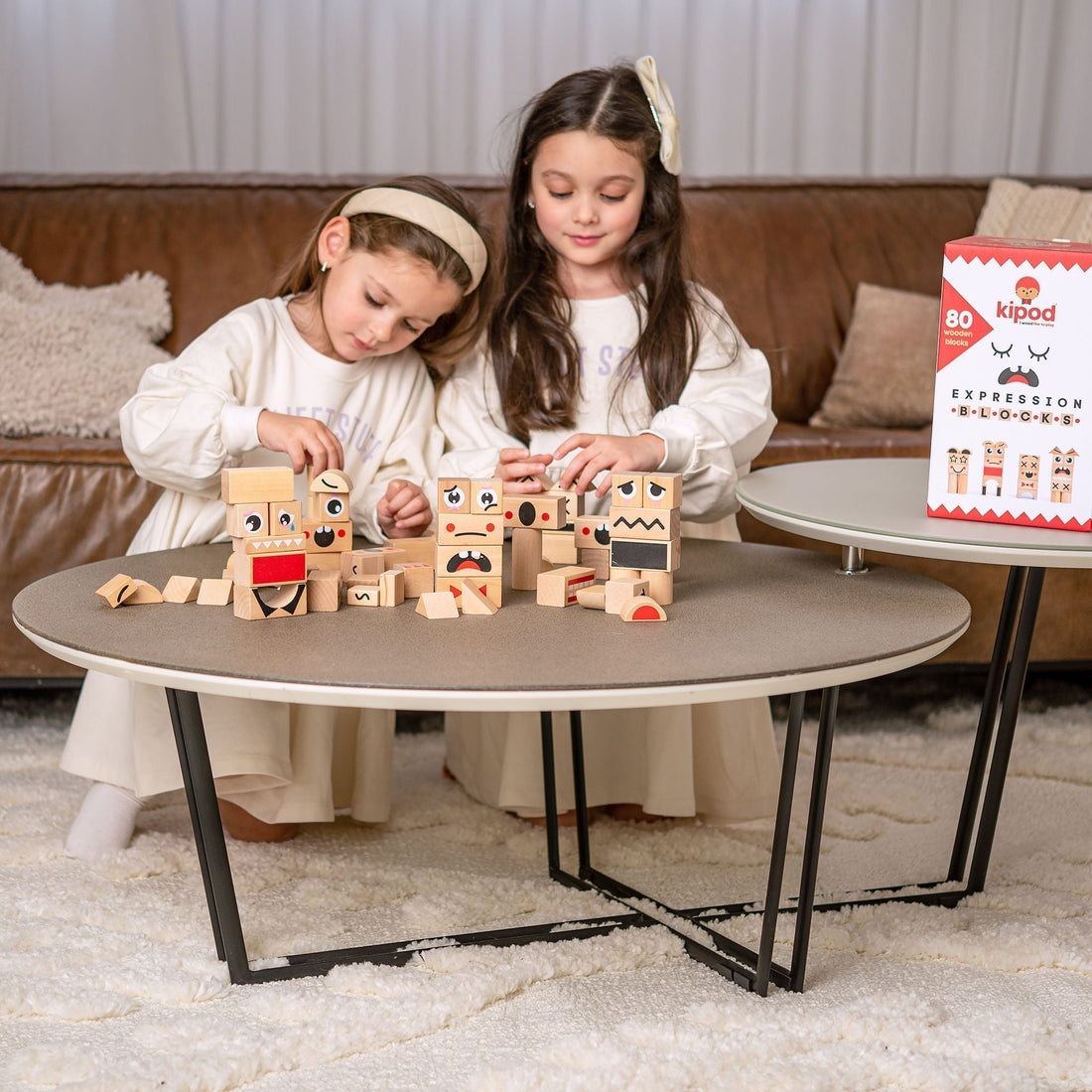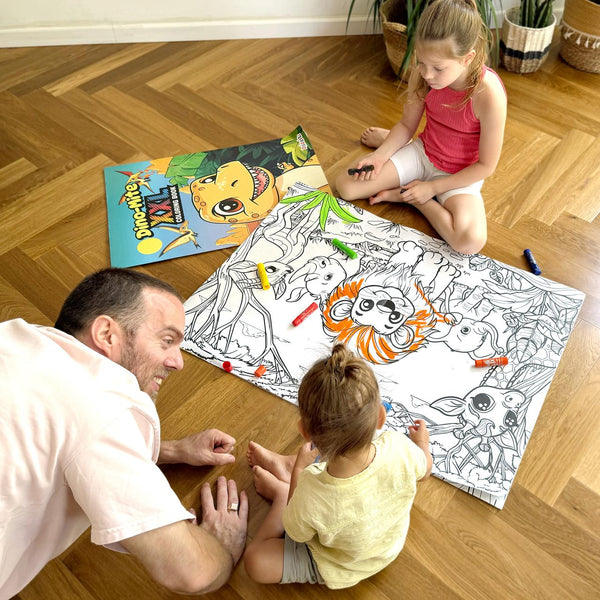
Nurturing Social-Emotional Skills Through Play: The Power of Toys
Table of Contents
In today’s fast-paced world, fostering social-emotional development in children is more important than ever. Social-emotional skills, which include recognizing and managing emotions, building relationships, and developing empathy, are crucial for overall well-being and success in life. Interestingly, toys can play a significant role in nurturing these essential skills from an early age.
Understanding Social-Emotional Development
Social-emotional development refers to a child’s ability to understand and manage their emotions, establish and maintain positive relationships, and demonstrate empathy and understanding towards others. These skills are foundational for navigating life’s challenges and thriving both personally and socially.
The Role of Play in Social-Emotional Development
Play is a natural and enjoyable way for children to learn and practice social-emotional skills. Through play, children explore their world, express their feelings, and experiment with different social roles. Toys, as integral elements of play, can significantly enhance this learning process.
How Toys Can Help
1. Building Emotional Awareness
Toys that help children identify and express emotions are invaluable. Emotion cards, dolls with different facial expressions, and books that focus on feelings allow children to recognize and articulate their emotions. Engaging in play with these toys can open up conversations about feelings and scenarios, helping children to better understand and manage their emotions.
2. Encouraging Empathy and Compassion
Stuffed animals, dolls, and role-playing sets are excellent tools for fostering nurturing behavior. When children take care of their toys, they practice empathy and compassion. Role-playing scenarios where toys are hurt or sad and need comfort can help children learn to respond to others with kindness and understanding.
3. Promoting Social Skills
Toys that encourage cooperative play, such as board games, building sets, and group activities, are fantastic for promoting social skills. Through these toys, children learn the importance of sharing, turn-taking, and teamwork. Playing together with these toys helps children develop the skills needed to build and maintain positive relationships.
4. Enhancing Communication Skills
Puppets, story cubes, and other toys that facilitate conversation and storytelling can significantly enhance communication skills. These toys encourage children to express themselves verbally and non-verbally, helping them to become more effective communicators.
5. Developing Problem-Solving Skills
Puzzles, strategy games, and construction sets are excellent for developing problem-solving skills. These toys challenge children to think critically, plan, and solve problems. Through play, children learn to navigate challenges and develop persistence and resilience.
Tips for Parents and Caregivers
Choosing the right toys and engaging with children during playtime can greatly enhance their social-emotional learning. Here are some practical tips:
• Select Age-Appropriate Toys: Ensure the toys are suitable for your child’s age and developmental stage.
• Encourage Open-Ended Play: Choose toys that can be used in various ways, allowing children to use their imagination and creativity.
• Participate in Play: Join your child in playtime. Your involvement can guide and enrich their learning experience.
• Create a Safe Environment: Ensure the play environment is safe and supportive, allowing children to explore and express themselves freely.



